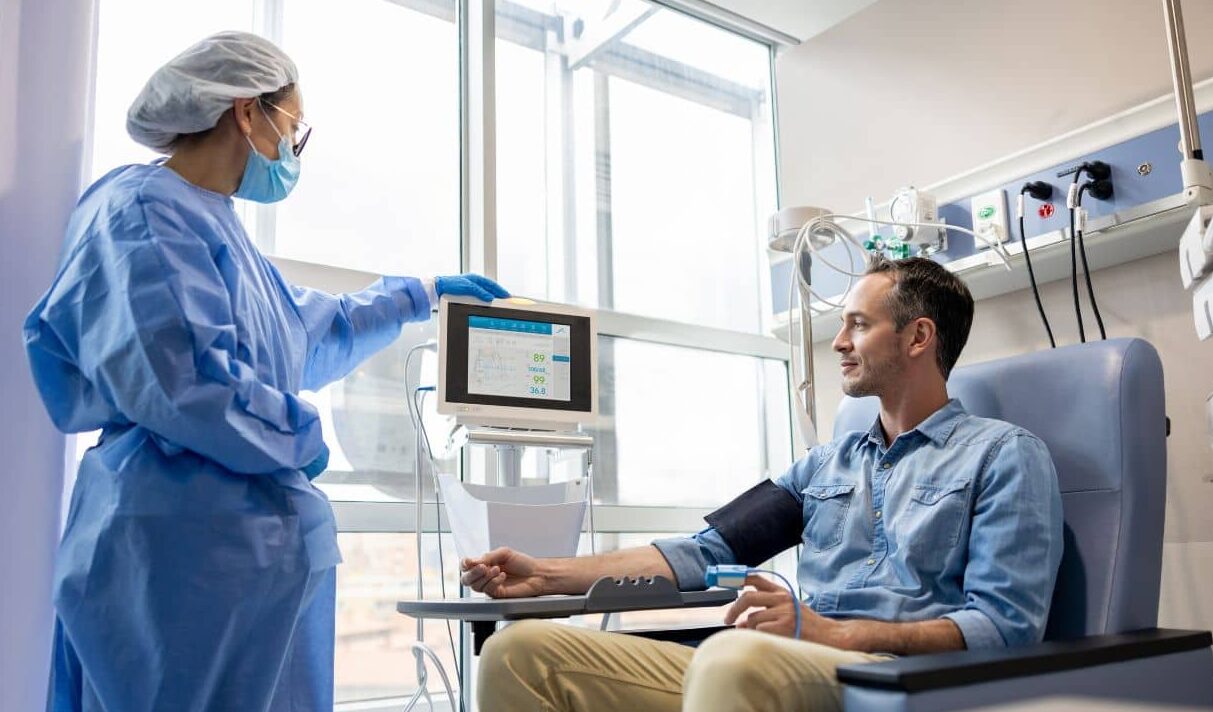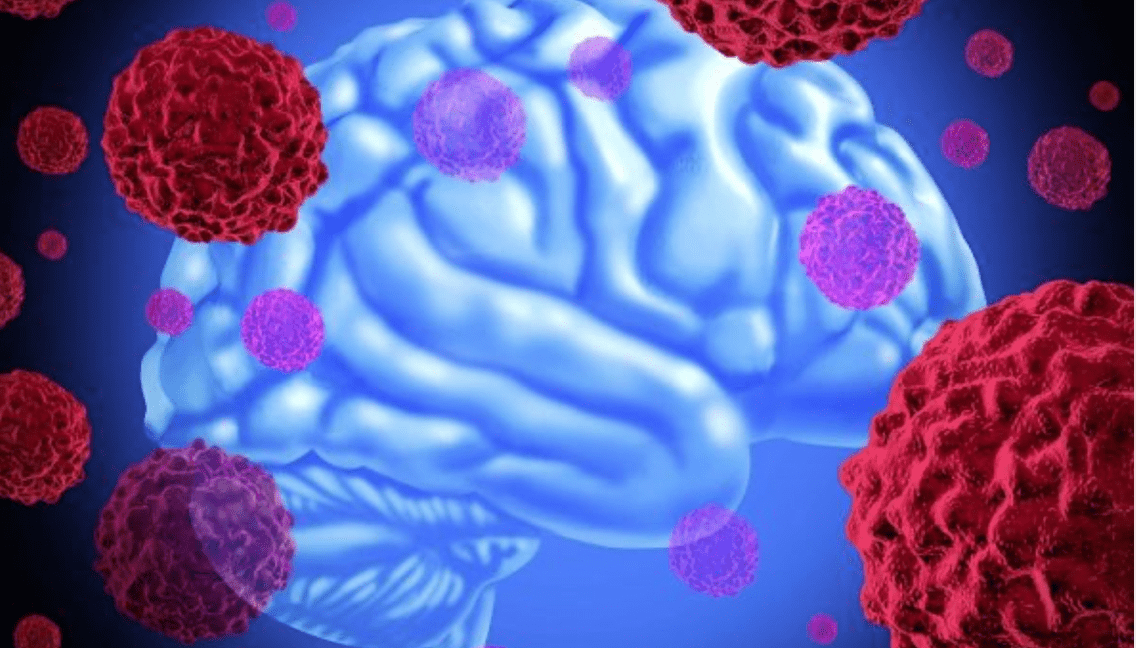-
 News
When glucose levels are low, chemotherapy ceases to affect cancer cells
News
When glucose levels are low, chemotherapy ceases to affect cancer cells
-
 News
Excessive treatment of prostate cancer in older men may reduce quality of life without increasing its duration
News
Excessive treatment of prostate cancer in older men may reduce quality of life without increasing its duration
-
 News
Brain cancer can be cured by viruses
News
Brain cancer can be cured by viruses
-
 News
Ways to reduce lymphatic pain in breast cancer have been found
News
Ways to reduce lymphatic pain in breast cancer have been found
-
 News
Scientists have turned bacteria into a powerful weapon against cancer
News
Scientists have turned bacteria into a powerful weapon against cancer
All news
Clinics for the treatment of rheumatological
Rheumatology is a field that deals with inflammatory connective tissue diseases. These diseases are accompanied by complaints of the musculoskeletal system and affect the joints, spine, tendons, ligaments and muscles. In this case, internal organs, skin or the nervous system are often affected. The main symptom of rheumatic diseases is joint pain and limited mobility.
- According to the World Health Organization, rheumatic diseases affect more women than men and are more common in developed countries.
The main reason for this trend is late diagnosis and, therefore, not started treatment on time. Rheumatoid arthritis is the most common type of rheumatism. He is diagnosed, on average, only nine months after the onset of the disease.
MedTour patients recommend clinics for the treatment of rheumatological:
Doctors for the treatment of rheumatology
Frequently Asked Questions
Signs of wear and tear on the joints (arthrosis) and the spine are common symptoms. Back pain due to arthrosis is a common occurrence in patients. This is called degenerative rheumatism. It increases with age and usually leads patients to orthopedic surgeons if patients do not see an experienced rheumatologist in time.
Foreign rheumatologists with over 20 years of experience are represented on the MedTour platform. Leave a request and get a free consultation!
The most common causes are:
- Immune system disorders — autoimmune diseases;
- Viral or bacterial infections;
- Metabolic diseases;
- Genetic factors.
Most often, rheumatologists treat:
- Ankylosing spondylitis;
- Goodpasture’s or Raynaud’s syndrome;
- Dermatomyositis;
- Amyloidosis;
- Rheumatoid arthritis;
- Systemic lupus erythematosus;
- Psoriasis;
- Scleroderma;
- Hemochromatosis;
- Alcaptonuria;
- Pigmented villonodular synovitis;
- Arthritis of the ankle, knee or shoulder joint;
- Keller’s disease;
- Juvenile rheumatoid arthritis;
- Recurrent polychondritis;
- Lupus nephritis.
Top 4 countries in patients with rheumatic diagnoses:
- Israel — medical tourism is developed at a high level, equipment and treatment methods comply with international protocols. The doctors of the Israeli clinic constantly travel to conferences and internships in foreign clinics around the world.
- Germany — German clinics are equipped with modern technologies. Doctors who graduate from medical universities work here, which are included in the top 50 universities in the world according to the World University Rankings 2021.
- Turkey — the cost of medical tourism in Turkish clinics is much lower than in European clinics. At the same time, the level of technology and professionalism of doctors is not inferior.
- America — modern methods of treatment are used here, but the cost is much more expensive (due to the cost of the flight). Most of the research in rheumatology is carried out in American centers.
The price of treatment in a foreign clinic depends on the selected country and the type of therapy prescribed. Consultation in Turkey — from $150, and in America it reaches $900.
Diagnostics and treatment of rheumatological diseases abroad
For diagnostics in rheumatology, the following is used:
- Ultrasound and MRI of joints or spine, X-ray, less often CT and bone scintigraphy are used;
- Rheumatological-immunological laboratory diagnostics: special rheumatological blood tests, rheumatic tests;
- Joint sonography (arthroscopic ultrasound), joint puncture followed by microscopic examination of intra-articular fluid.
Treatment in foreign clinics
Treatment of rheumatological diseases is complex. Because the course of the disease and the response to therapy can be very different in patients with the same diagnosis. Therefore, the treatment plan is always drawn up individually for the patient and includes the following:
- Modern protocols (treatment modifying the course of the disease). These include: anti-inflammatory and antirheumatic drugs, biologics, monoclonal antibodies and chondroprotectors;
- Treatment by an orthopedic rheumatologist (rheumatism surgery);
- Puncture and joint therapy (intra-articular);
- Physiotherapy — physiotherapy;
- Occupational therapy — joint treatment;
- Provision of orthoses — joint protection means;
- Teaching the patient the correct way of life, psychological assistance.
A versatile approach to therapy
Outpatient and inpatient treatment of patients with rheumatological diseases is carried out in cooperation with general practitioners and physician assistants:
- Physiotherapist;
- Ergotherapist.
Published:
Updated:









